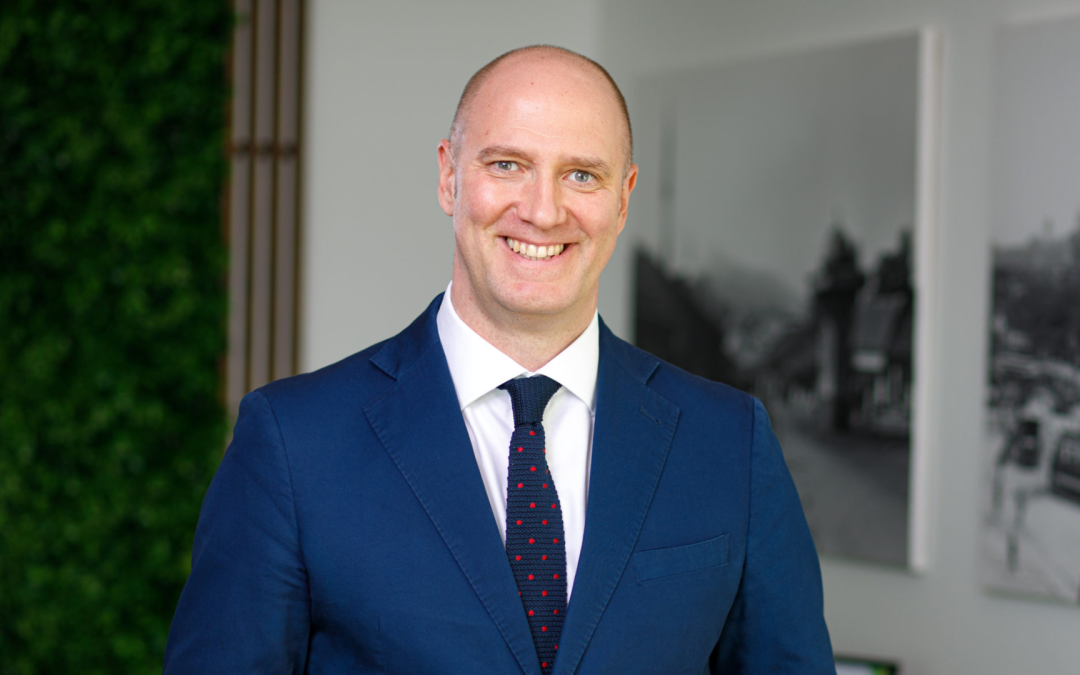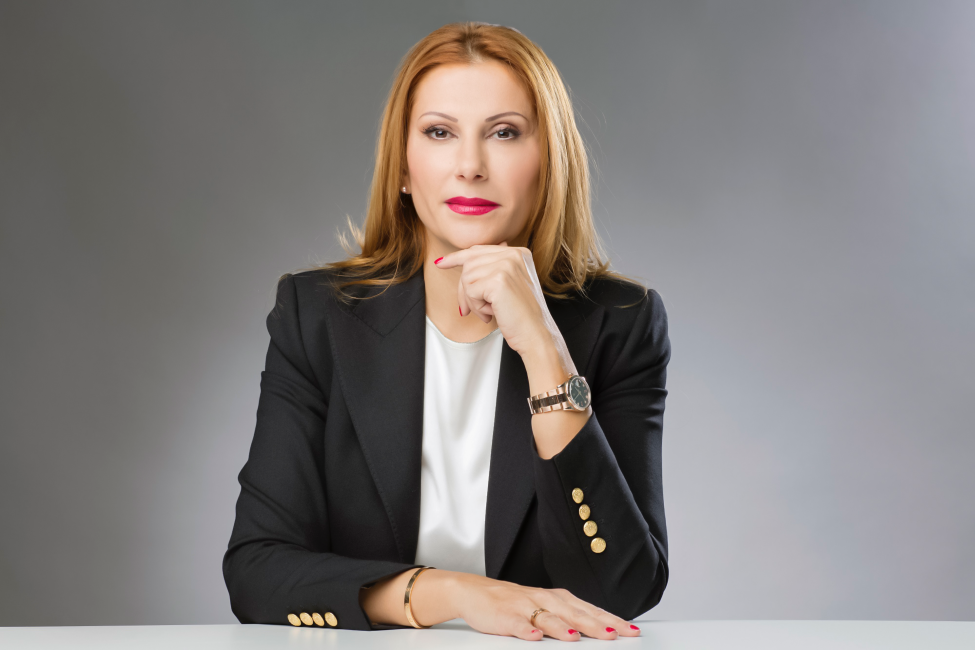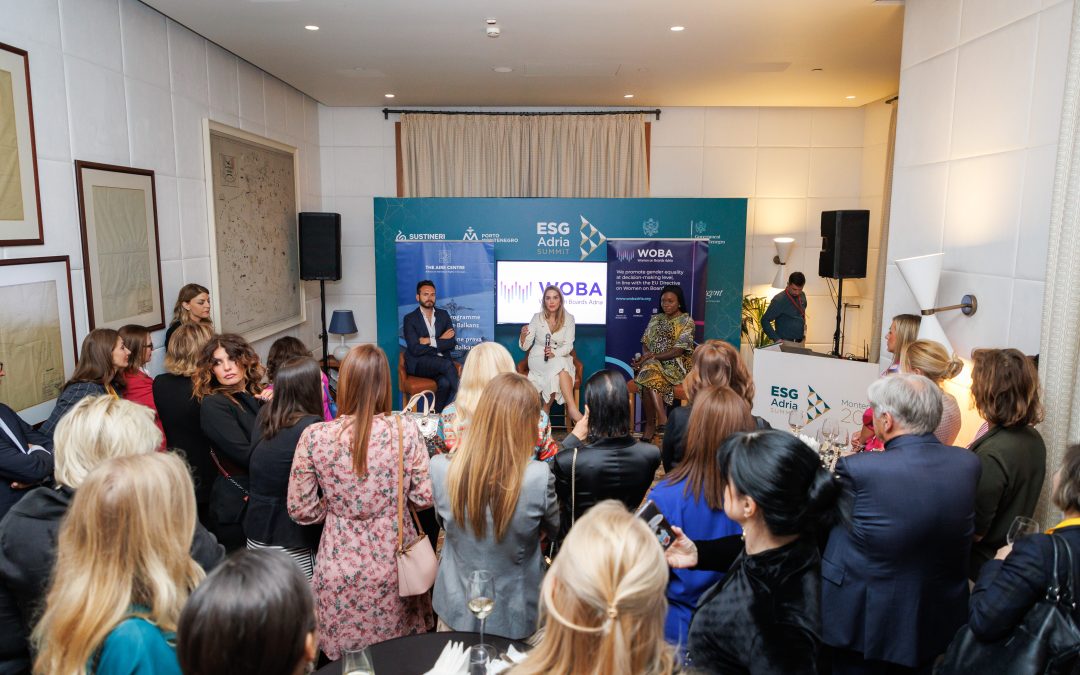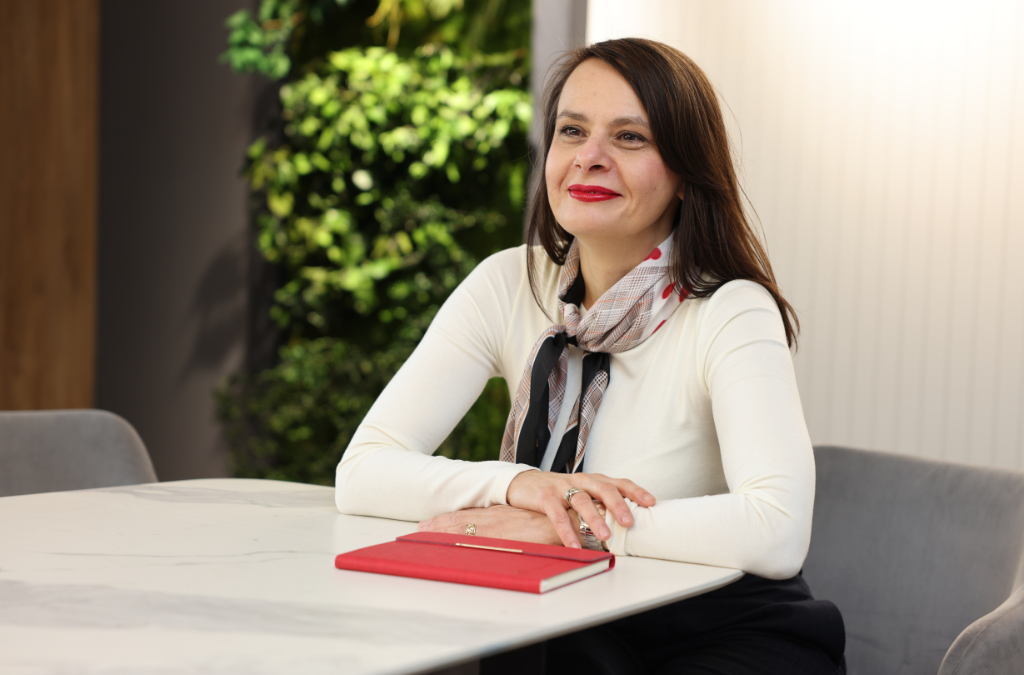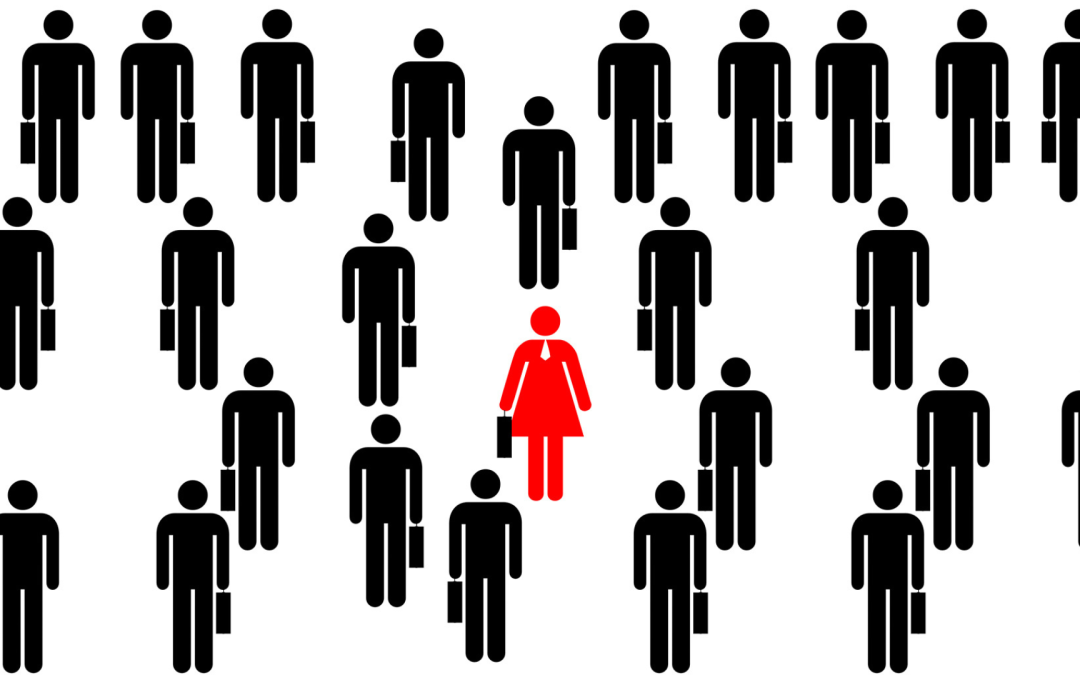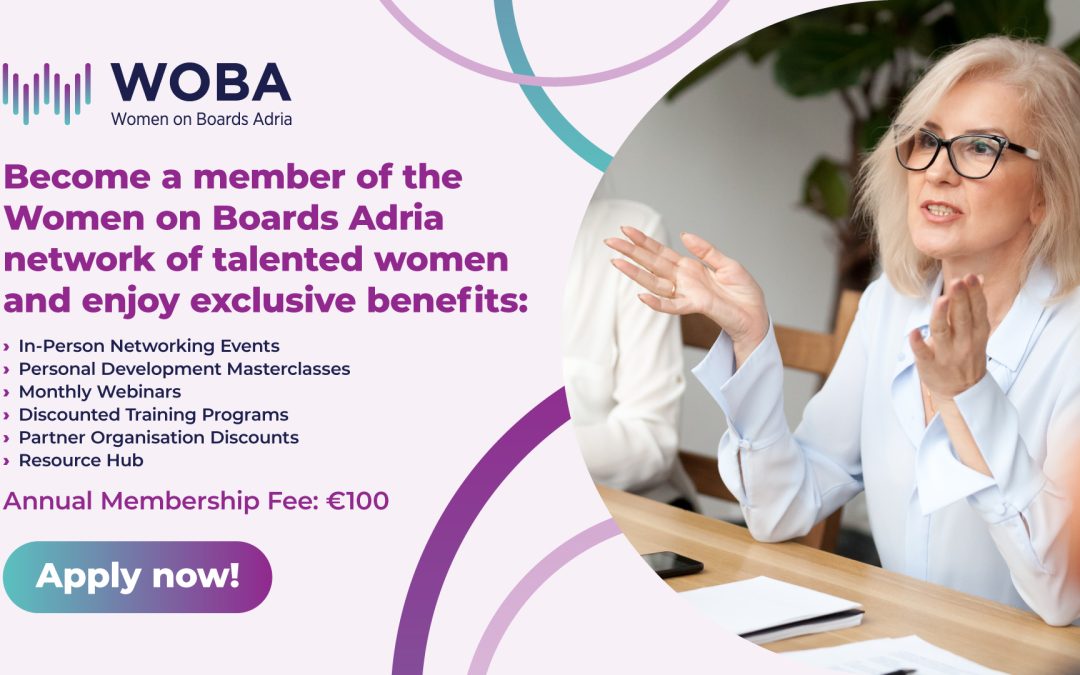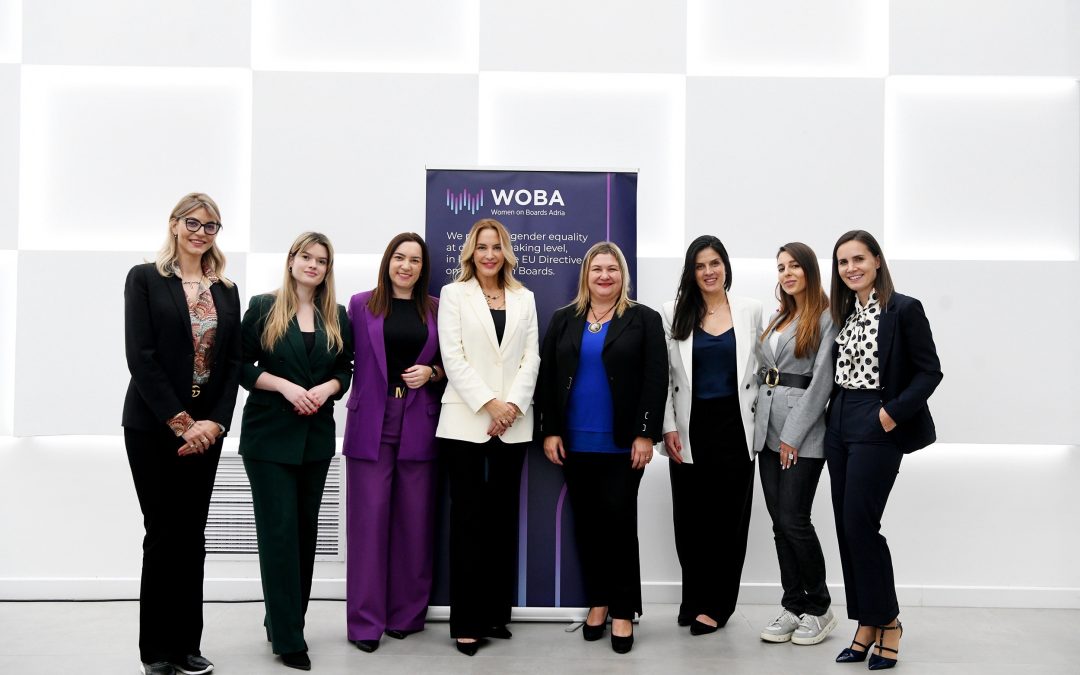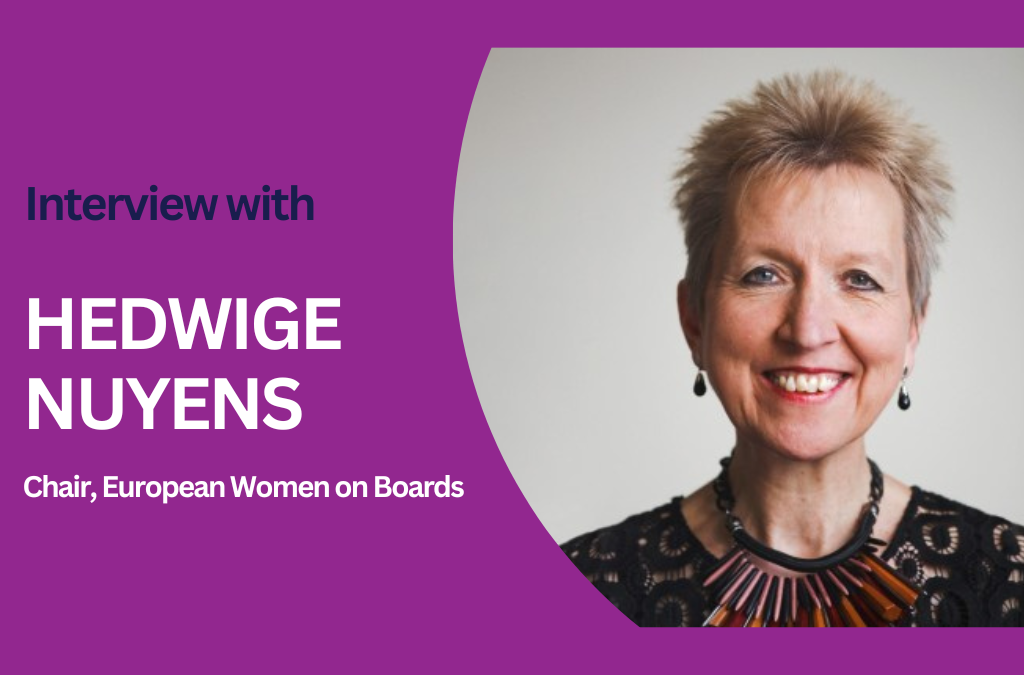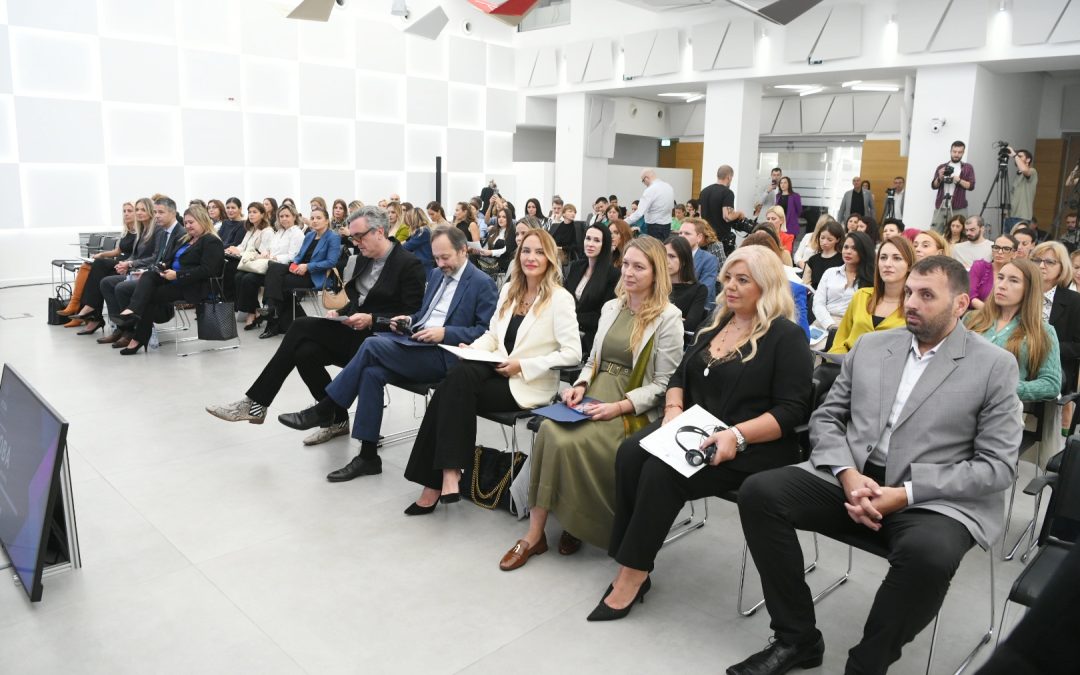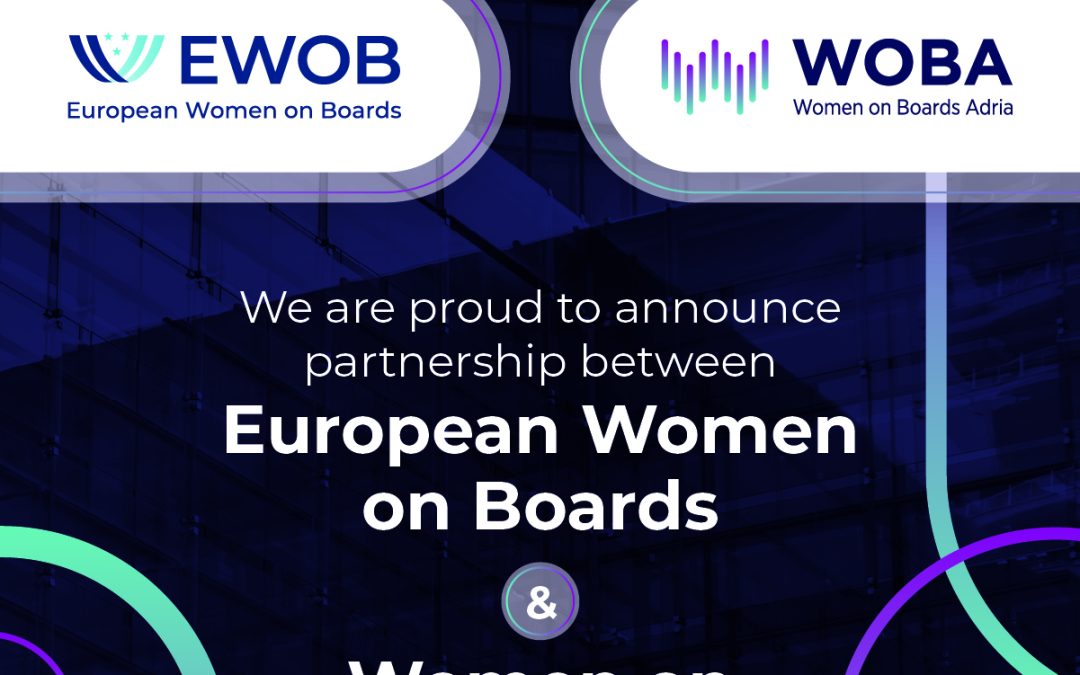Kristen Anderson, CEO of EWOB, on why gender equality in decision-making is a business imperative, and the future plans and mission of the European Women on Boards
As a woman working in STEM, with over two decades long career which has taken her across four continents, Kristen Anderson, has seen the ins and outs of challenges women face in workplaces, especially those traditionally dominated by men. Her story is marked by the diversity of landscapes—both geographical and professional—which has led her to join European Women on Boards (EWOB) as a CEO, and advocate for diversity and inclusion in business.
We spoke with Kristen Anderson about her journey and the lessons she picked up along the way, which she wishes to share not only with other women but also with men, in hopes of contributing to the future where inclusivity and diversity are celebrated, rather than something we need to fight for.
Can you tell us about your personal and professional motives of choosing to work on the topic of diversity and inclusion in companies?
Kristen Anderson: I grew up in a scientific community remotely located high up in the Rocky Mountains (Los Alamos, New Mexico for any Oppenheimer fans), and decided to follow my passion of becoming a Chemical Engineer. I was always told that I could achieve whatever I wanted if I worked hard and was inclusive and respectful of others. When I entered the working world, I quickly realised that hard work was not enough, and life was not fair…. biases were everywhere, for example gender & women in tech. In my career, I have lived and worked in the United States, Australia, Germany, China, Singapore, and Italy and have seen much exclusion based on culture, race/ethnicity, sexual orientation, ability, generation, leadership styles, and more…. everywhere. This has fuelled my passion for diversity, equity and inclusion, and brought me to EWOB. My last corporate position after working for more than 25 years as an Research and Development (R&D) Leader in the food industry, was Chief Diversity and Inclusion Officer for Barilla. I loved this work so much that I wanted to devote my full energies to more equality overall, and specifically to support other women.
Can you tell us a bit more about the journey of EWOB, from being created to precisely work on the EU Directive for women on boards, to now being able to help facilitate its implementation? What were some of the main challenges, as well as lesions, you find will be valuable for countries of the Adria region in terms of adopting similar legislation on the same journey before us?
Kristen Anderson: This is an interesting time to talk about EWOB’s history, since 2023 is our 10-Year Anniversary which will be marked on December 5th. More than 10 years ago, the European Union Directive for Women on Boards was proposed, but then rejected by some member states who felt that a Directive was not needed because voluntary efforts would result in progress. EWOB was formed as an umbrella organisation to remove the barriers to passing the directive in the future, which was successfully approved last November! EWOB was instrumental in demonstrating from our Gender Diversity Index data that countries who implemented their own Directives did make progress, but that other countries leaving it to a voluntary approach did not! The lesson I would like to share with the Adria region is that setting a goal and working towards it together, in a focussed and prioritised way, does achieve results. You only achieve what you measure, so approach gender equality in decision-making as a business imperative….you will make progress!
Can you tell us a bit more about the strategic approach of EWOB to advancing gender equality and inclusion in European boardrooms?
Kristen Anderson: In EWOB, we have 4 strategic pillars to advance gender equality in Boardrooms and C-Suites: 1) Build a talent pool of 1000 female candidates ready and eager to move to the C-Suite & Boards; 2) Support the implementation of the EU Directive; 3) Engage with companies and executive recruiters in Europe; and 4) Be present in more than 20 EU countries. This last pillar is why we are so pleased to work with like-minded organisations such as Women on Boards Adria to further our joint mission of more gender balance in decision-making. Looking forward to making progress together!
